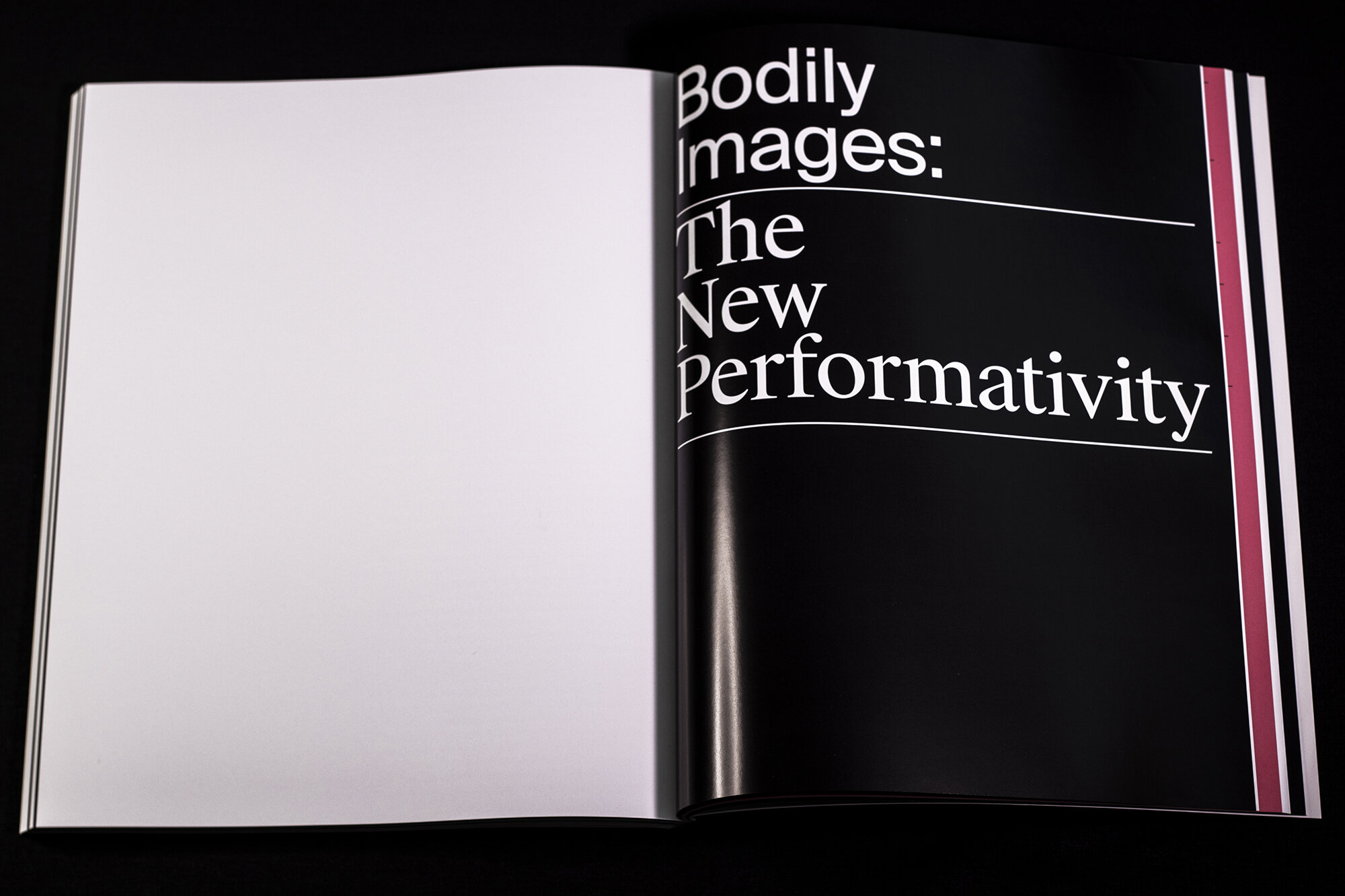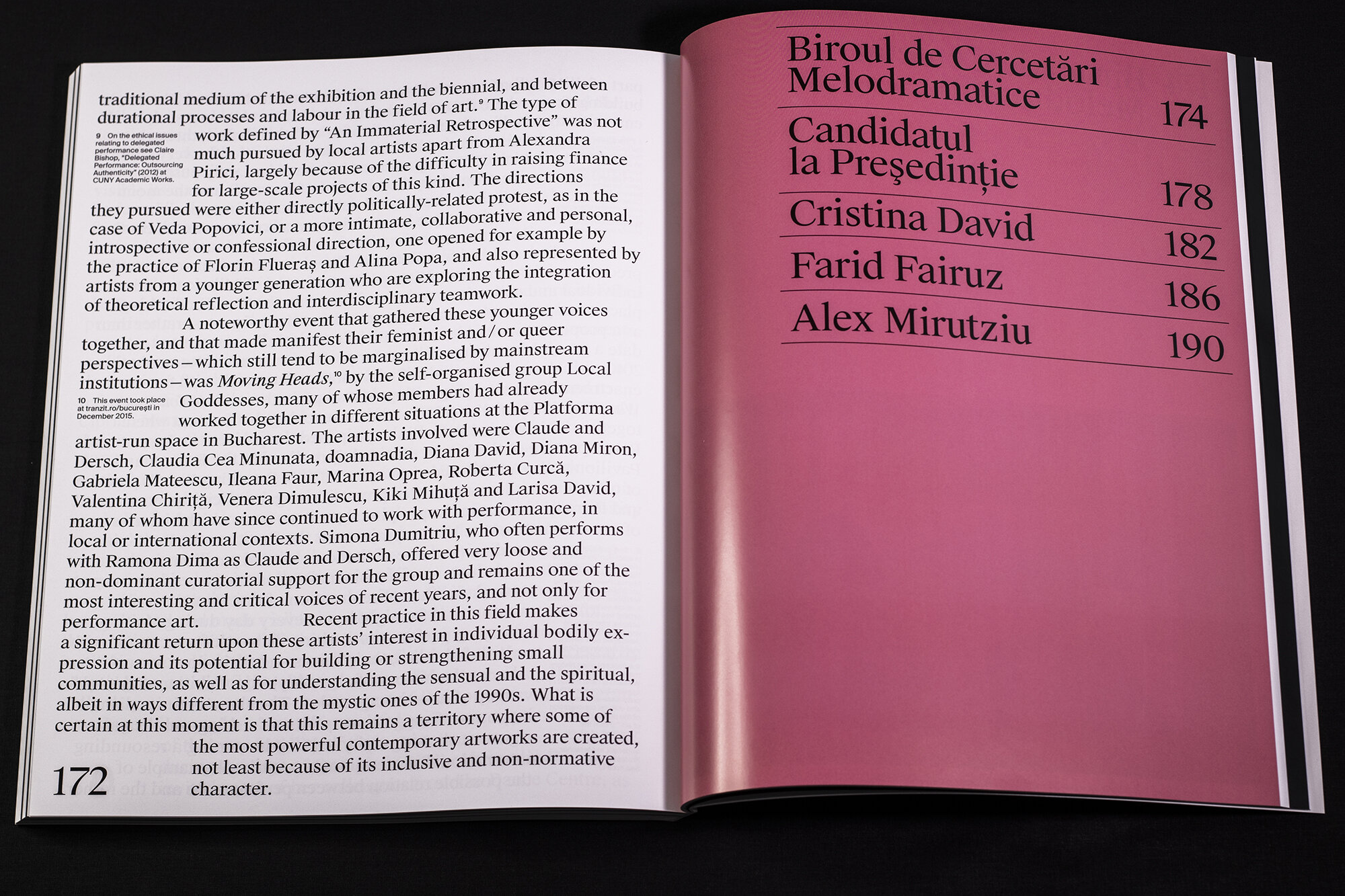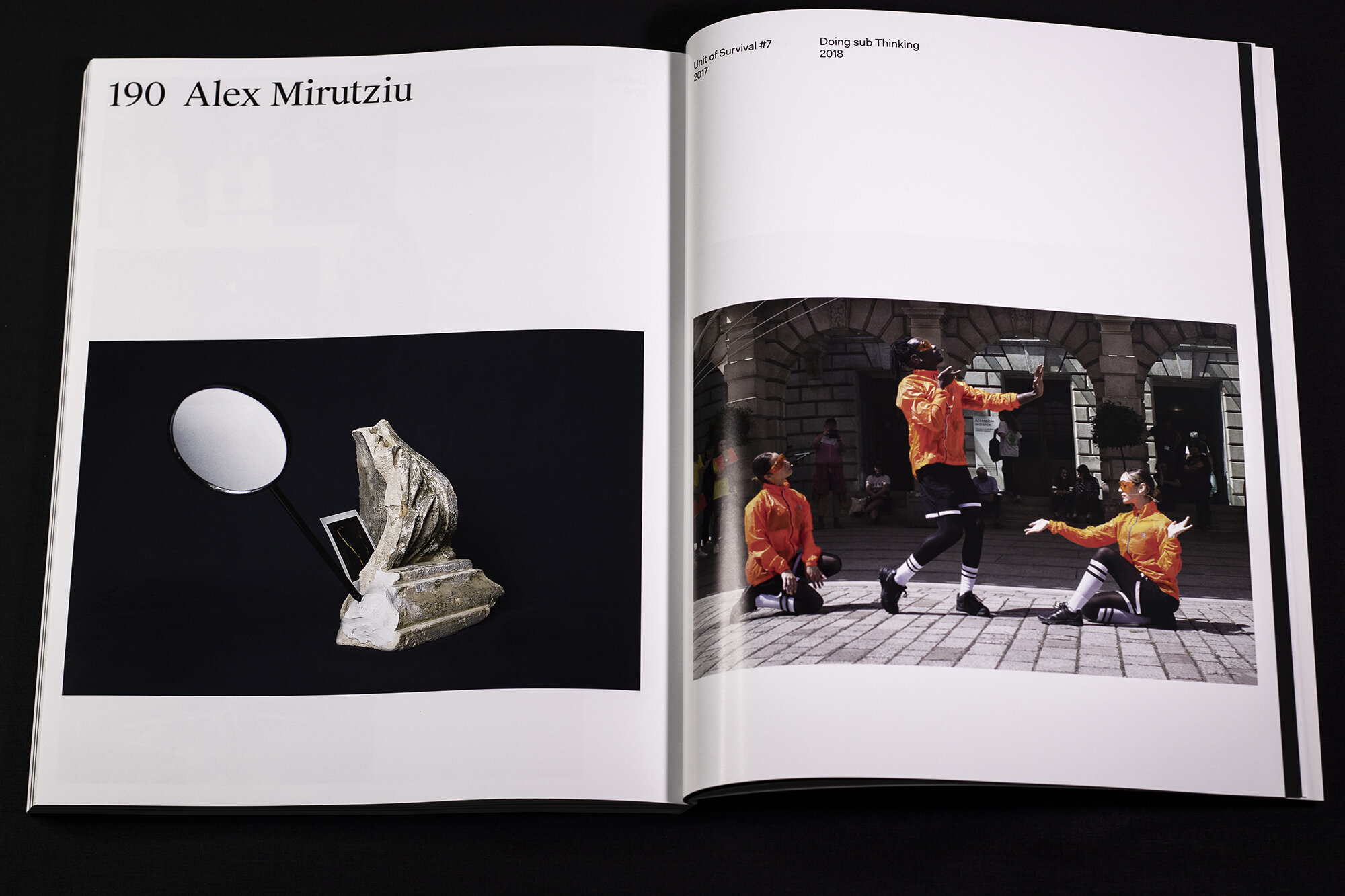[EN] What is left today, in the age of globalization, of our European identity – here is a disquieting question, which cannot be answered spontaneously. To find an answer, we have to question ourselves and, at the same time, to look at the various data coming from our every-day life and from the contemporary artistic environment. If an identity is defined in relation with the other, with Otherness, then the contemporary society is facing a serious crisis, the result of many fragmented identities. Because of the confrontation with strange and diverse identities, there have been confused, plural, contradictory developments at the global scale, or, sometimes, marginal and subaltern positions have been accepted, as Kevin Hetherington argues.
In the western world after the 1960s, the clash with a hedonistic and narcissistic counter-culture, directed against the modernist middle-class culture of the self, led to a new fragmentation of identity, while, in Eastern Europe, the communist system enforced equality upon the society, without taking into consideration various ethnic, religious, gender identities, the traditional identities of social classes or even the identity derived from belonging to various professional groups or those making up the civil society.
Denying all those identities the right to assert themselves or repressing them openly, the communist system managed to fracture, once more, the contemporary identity and isolate the individual from the society, with the view to transforming it into a „docile body” to use Michel Foucault’s term; a body which is manipulated by the power and tamed, the result, after a long „moulding” process, through the individual’s repression, being the „machine human” responding to commands and following orders.
In the totalitarian communist regimes, the artists, with their projects, systematically opposed the erasure of identities and the enforced leveling, militating for the freedom of expression, for the assertion of the individual as such, with their own identity, undistorted under ideological pressure. For the artists in the 1980s generation (who continued to express themselves freely especially after 1990) the body was considered a means of expression charged with raw and even brutal power. The artists researched this topic thoroughly, without avoiding its controversial aspects.
[RO] Dacă o identitate se defineşte în raport cu celălalt, cu o alteritate, atunci societatea contemporană se află într-o profundă criză, rezultat al unei multitudini de identităţi fragmentate. Datorită confruntării cu identităţile străine şi diverse, la scară globală s-a ajuns la dezvoltări identitare confuze, plurale, contradictorii sau uneori la acceptarea poziţiilor marginale şi subalterne. În Occident, după anii 1960, impactul cu o contra-cultură hedonistă şi narcisistă, îndreptată împotriva culturii burgheze moderniste a sinelui, a condus la o nouă fragmentare a identităţii, în timp ce în spaţiul Europei de Est sistemul comunist a introdus o egalitate forţată în interiorul societăţii care nu a ţinut cont de diferitele identităţi etnice, religioase, de gen sau a celor care alcătuiesc de obicei societatea civilă.
În perioada actuală, artiştii sunt cei care, în discursul lor orientat atât asupra sinelui, cât şi asupra societăţii, chestionează şi revelează multiple posibile identităţi. Pentru artiștii formați începând cu anii 2000, corpul a devenit un mediu mai subtil, din ce în ce mai prelucrat, tinzând spre o imagine cât mai armonioasă dar artificială, iar acțiunile din această perioadă sunt mediate de fotografie sau de film video și reprezintă modul de înțelegere și de raportare la identitatea de gen, de mediu sau exprimă angoasele societății actuale.
(…) Alex Mirutziu caută cu oarecare înfrigurare o identitate care să-l reprezinte, dar care se dovedește o construcție fragilă, nesigură, în primul rând datorită precarității condiției umane. Viața cotidiană, cu gesturile ei firești, poate fi transformată într-un spațiu al rezistenței, iar rezistența poate deveni o politică identitară. Înălțarea și căderea pe / de pe un podium, ambiția și ratarea - asemeni lecției oferite de defilarea de modă în răspăr din “Feeding the horses of all heroes” - repune în discuție tema eșecului corpului, ce poate fi apropiată de exercițiile de ”eșec” ale lui Bruce Naumann (Failing to Levitate in the Studio). Astfel, disfuncționalitatea demonstrează încă odată vulnerabilitatea corpului.
Textul complet, aici.












